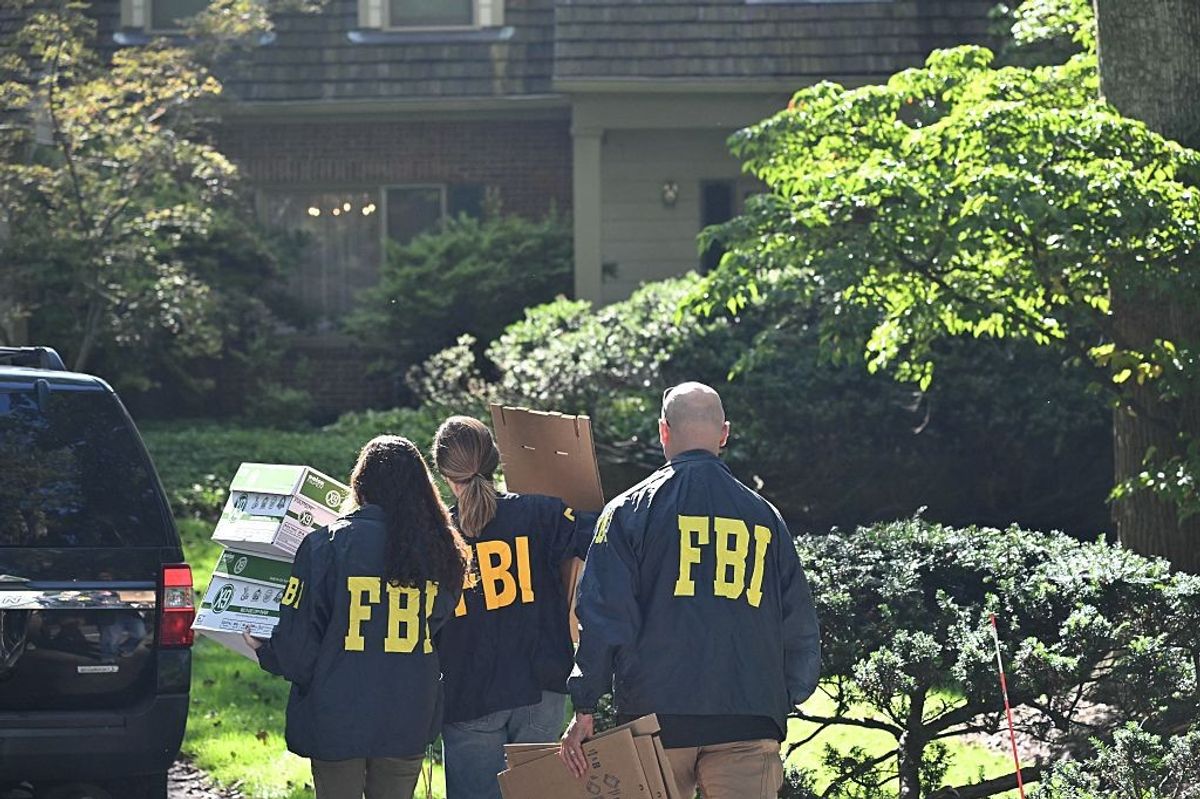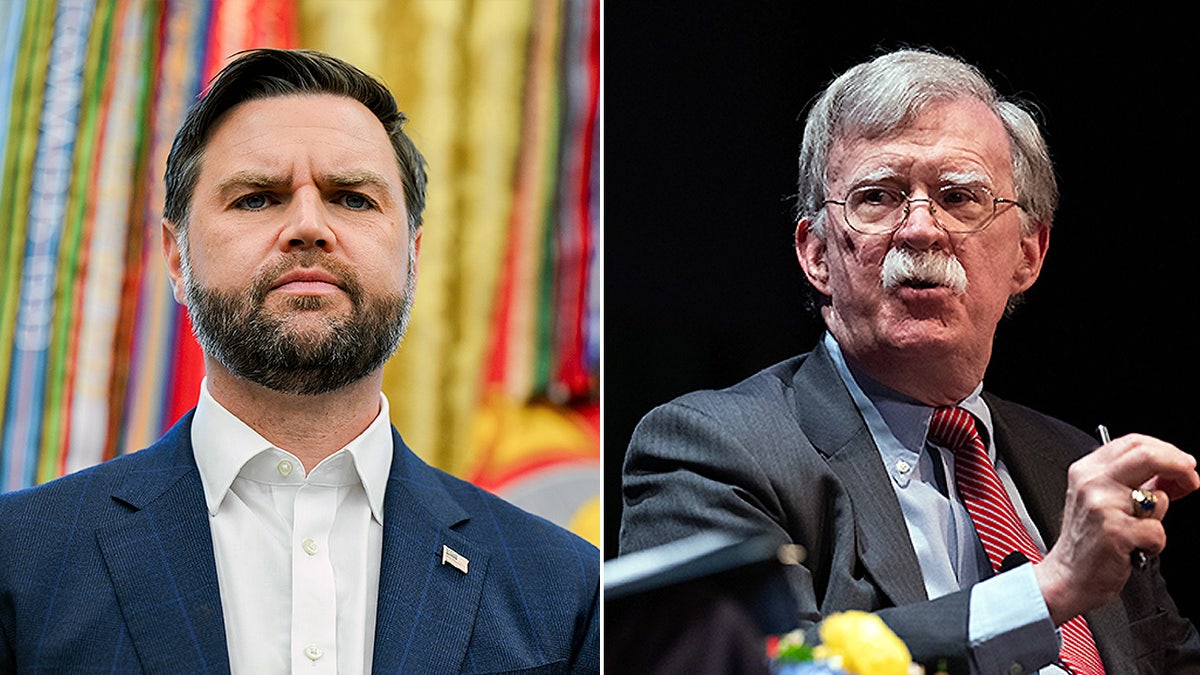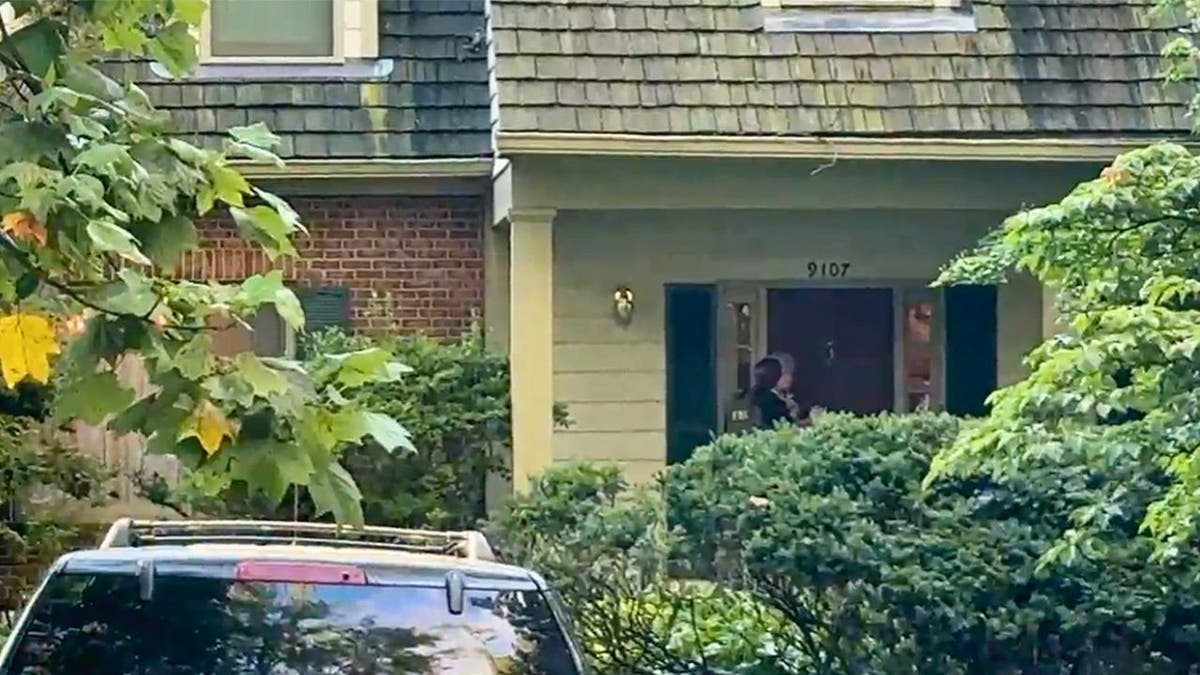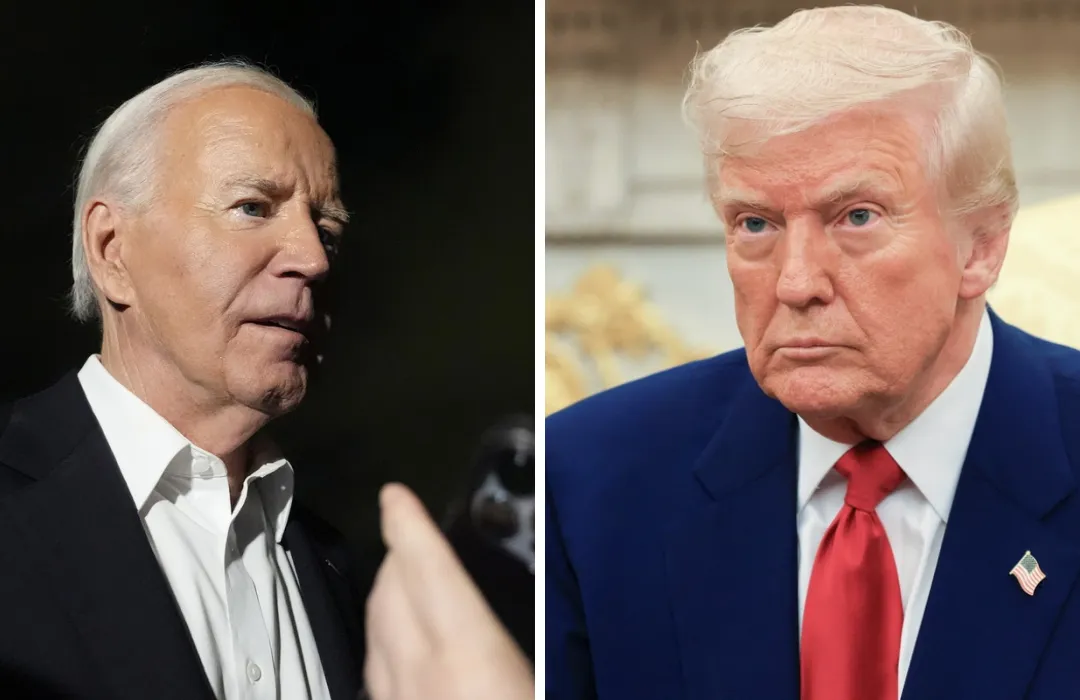
In a dramatic development on Friday, FBI agents raided the Maryland residence of former national security adviser John Bolton, as part of a renewed investigation into his handling of classified documents.
The raid, which took place around 7 a.m. at Bolton’s home in Bethesda, Maryland, was ordered by FBI Director Kash Patel. This investigation has been a long time coming, stemming from an earlier probe initiated during the Trump administration but later shelved under the Biden administration.
According to reports, the FBI's action marked a significant escalation in ongoing efforts to address national security concerns regarding classified information. The raid further intensifies scrutiny on high-profile individuals, including Bolton, who have faced allegations of mishandling classified materials.
The FBI’s operation on Bolton’s home comes as part of a broader investigation into his handling of sensitive materials while serving as President Donald Trump’s national security adviser.
The raid was authorized under the direction of Kash Patel, a former Trump administration official who has since been vocal about rooting out corruption within federal agencies. Patel shared a cryptic post on X, declaring, “NO ONE is above the law... @FBI agents on mission,” shortly after the operation began.
At the time of writing, no additional details regarding the raid were available, and Bolton had not immediately responded to requests for comment.
While the exact nature of the evidence or documents seized remains unclear, the raid highlights ongoing concerns over classified material, particularly regarding former government officials who leave office but retain sensitive information.
The inquiry into Bolton’s actions regarding classified documents dates back to 2020, during his time as national security adviser under Trump. Bolton’s memoir, “The Room Where It Happened,” which was published in 2020, became the subject of significant controversy.

The book, which provided an insider’s account of Bolton’s time in the White House, was criticized by President Trump and his allies, who argued that it contained classified national security information.
In response to concerns over potential breaches of national security, the Trump administration sought to block the publication of Bolton’s book. They argued that it violated a nondisclosure agreement that Bolton had signed while serving in office.
Following the controversy, the Department of Justice launched an inquiry into whether Bolton had mishandled classified materials or violated federal law.
Despite the inquiry, no charges were filed against Bolton at that time. The probe, originally initiated during Trump’s first term, was shelved when the Biden administration took office in 2021.
However, under Patel’s direction, the investigation has been revived, signaling a renewed focus on individuals who may have mishandled sensitive national security information.
John Bolton, a former U.S. ambassador to the United Nations, has long been a polarizing figure in American politics. Once an ally of President Trump, Bolton became one of the president’s sharpest critics after his departure from the White House in 2019.
Bolton frequently appeared on cable news to voice his opposition to Trump’s foreign policy, and his public criticism of the administration became a notable part of his post-government career.
“The Room Where It Happened” was Bolton’s attempt to provide his perspective on his time in the Trump White House, offering detailed accounts of key moments in U.S. foreign policy.

The book sparked a firestorm of controversy, particularly due to its portrayal of Trump’s foreign policy decisions and his approach to key international crises, including his handling of the relationship with Ukraine.
Trump’s efforts to prevent the publication of the book centered around the argument that Bolton had failed to submit the manuscript for review before release, potentially putting national security at risk.
The Justice Department initiated an inquiry to determine whether Bolton had disclosed classified information that could compromise national security. While no charges were filed following this investigation, the controversy continued to simmer, culminating in the current probe into Bolton’s handling of sensitive materials.
The raid on Bolton’s home is part of a broader set of efforts by Kash Patel to address what he sees as misconduct and corruption within federal agencies, especially those involved in national security.
Patel, a former Trump official, has made it his mission to expose what he perceives as institutional failures within the FBI and other government agencies.
Patel has been vocal about his desire to hold officials accountable for their actions during the Trump administration, particularly with regard to the Russia investigation and the handling of classified information.
Just a day before the Bolton raid, Patel revealed newly declassified memos that showed former FBI Director James Comey authorized classified leaks ahead of the 2016 election.
The release of these memos has intensified scrutiny of Comey’s actions and raised questions about the FBI’s conduct during a critical time in U.S. politics.

Patel’s pursuit of transparency in government operations has put him at odds with some of the highest-ranking figures in the federal bureaucracy, and his recent actions signal a growing push to address perceived abuses of power within these institutions.
The newly declassified memos relating to former FBI Director James Comey add another layer to the growing scrutiny of misconduct within the federal government.
The memos, which were initially redacted by the Justice Department, detail how Comey allegedly authorized the leaking of classified information to The New York Times during the 2016 presidential election. This action contradicted Comey’s sworn testimony before Congress, where he had denied authorizing any leaks.
The memos, which were uncovered by Patel’s team, indicate that former FBI officials James Baker and James Rybicki played a role in facilitating the leaks.
According to one summary memo, U.S. Postal Inspection Service agents determined that Baker had disclosed classified materials to the media because he believed he was “ultimately instructed and authorized” by Comey. Baker, in turn, claimed that the order came from Rybicki, who said the directive originated from Comey.
Patel has expressed outrage over the contents of the memos, stating that they reveal how former FBI leadership authorized leaks and withheld crucial information from Congress and the American people.
"Thanks to President Trump’s commitment to transparency, the cover-up is being exposed,” Patel remarked. “The public deserves nothing less than full accountability.”
This development marks a significant moment in the ongoing investigation into the FBI’s handling of politically sensitive information and raises new questions about the bureau’s actions leading up to the 2016 election.

Patel’s efforts to uncover the truth about these leaks have been met with strong criticism from some quarters, while others applaud his determination to hold the FBI accountable.
The newly declassified memos and the ongoing investigation into John Bolton are indicative of the high-stakes nature of the current legal battles surrounding classified information.
Legal experts have noted that the statute of limitations for federal crimes typically lasts five years, but this period can be extended for espionage-related offenses that harm national security or if the criminal activity is part of a broader conspiracy.
Given the gravity of the charges related to the unauthorized disclosure of classified materials, both Bolton’s case and the revelations about Comey’s actions have the potential to lead to significant legal and political consequences.
Some legal scholars suggest that the timing of these developments may be part of a broader effort to address national security breaches that have been simmering for years.
The potential for charges to be brought against individuals involved in these leaks or classified document mishandling cases could lead to a prolonged period of legal battles.
Whether these individuals will face prosecution or legal consequences remains to be seen, but the growing body of evidence and the high-profile nature of the cases suggest that the stakes are extraordinarily high.
The FBI raid on John Bolton’s home, combined with the declassification of memos related to former FBI Director James Comey’s leaks, signals a new chapter in the ongoing battle for accountability and transparency within the federal government.
Bolton’s handling of classified materials, combined with the actions of other high-ranking officials, is now under intense scrutiny, and the outcome of these investigations could reshape how the U.S. government handles sensitive information in the future.
As FBI Director Kash Patel continues his efforts to expose corruption and misconduct within federal agencies, the legal, political, and ethical implications of these developments are far from settled.
The public, still grappling with the fallout from previous leaks and scandals, will be watching closely as the investigations unfold, seeking accountability for those who may have put national security at risk.



